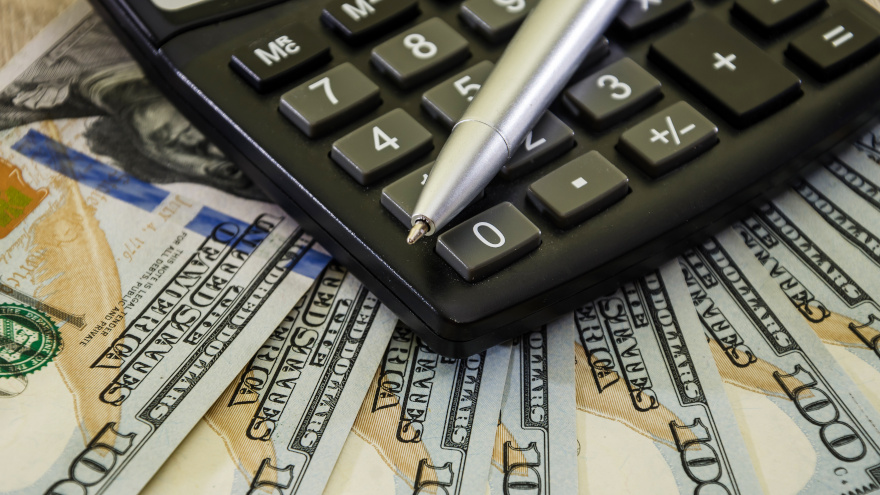KBRA spots February ABS improvement but braces for forthcoming deterioration

By subscribing, you agree to receive communications from Auto Remarketing and our partners in accordance with our Privacy Policy. We may share your information with select partners and sponsors who may contact you about their products and services. You may unsubscribe at any time.
NEW YORK –
Kroll Bond Rating Agency (KBRA) noticed seasonal improvement in February as analysts released their auto loan ABS update this week.
However, much of KBRA’s latest discussion revolved around the impact COVID-19 is going to leave. But first, analysts reviewed their latest data that showed credit performance showed signs of improvement as annualized net losses and 60-day delinquency rates declined in both of its auto loan ABS indices.
Annualized net losses and 60-day delinquencies in KBRA’s Prime Auto Loan Index for February dipped 3 basis points and 1 basis point month-over-month to 0.72% and 0.48%, respectively.
Meanwhile, KBRA’s Non-Prime Auto Loan Index posted readings for annualized net losses and 60-day delinquencies of 9.37% and 5.62%, marking declines of 13 basis points and 10 basis points, respectively, versus the previous month.
Looking at the year-over-year comparisons, KBRA determined prime index losses and delinquency rates remained either flat or slightly lower versus February of last year. On the non-prime side, annualized net losses dropped 15 basis points year-over-year, but analysts mentioned contract holders 60 days or more past due rose 20 basis points compared to last February.
Also of note, KBAR reported that the percentage of prime and non-prime contract holders who went from 60-days delinquent to current in February climbed 354 basis points and 187 basis points month-over-month to 21.8% and 13.5%, respectively.
Subscribe to Auto Remarketing to stay informed and stay ahead.
By subscribing, you agree to receive communications from Auto Remarketing and our partners in accordance with our Privacy Policy. We may share your information with select partners and sponsors who may contact you about their products and services. You may unsubscribe at any time.
Furthermore, the percentage of prime and non-prime contract holders who rolled from delinquency to charge-offs in February came in at 14.5% and 21.9%, respectively, down 78 basis points and 105 basis points versus January.
And now, the main topic facing finance companies during these unprecedented times. KBRA offered its initial glimpse.
“Historically, auto loan delinquency and loss rates fall between February and May (corresponding to the January t0 April collection periods) as borrowers receive their tax refunds, providing an additional source of cash to catch up on late payments,” KBRA said in its latest report.
“However, we believe the seasonal improvement in auto loan credit performance may be short-lived this year, as labor market pressures precipitated by the effects of the coronavirus (COVID-19) — rising unemployment and a reduction in hours worked — could more than offset any tax refund and/or government relief related benefit, as well as any loan modifications and forbearances provided by servicers,” analysts continued.
“That said, we do not expect to see the impact of the coronavirus in our index for another two months, as next month’s index will reflect the February collection period (March reporting period) and the virus containment measures only came into force during the week of March 9,” analysts went on to say.


